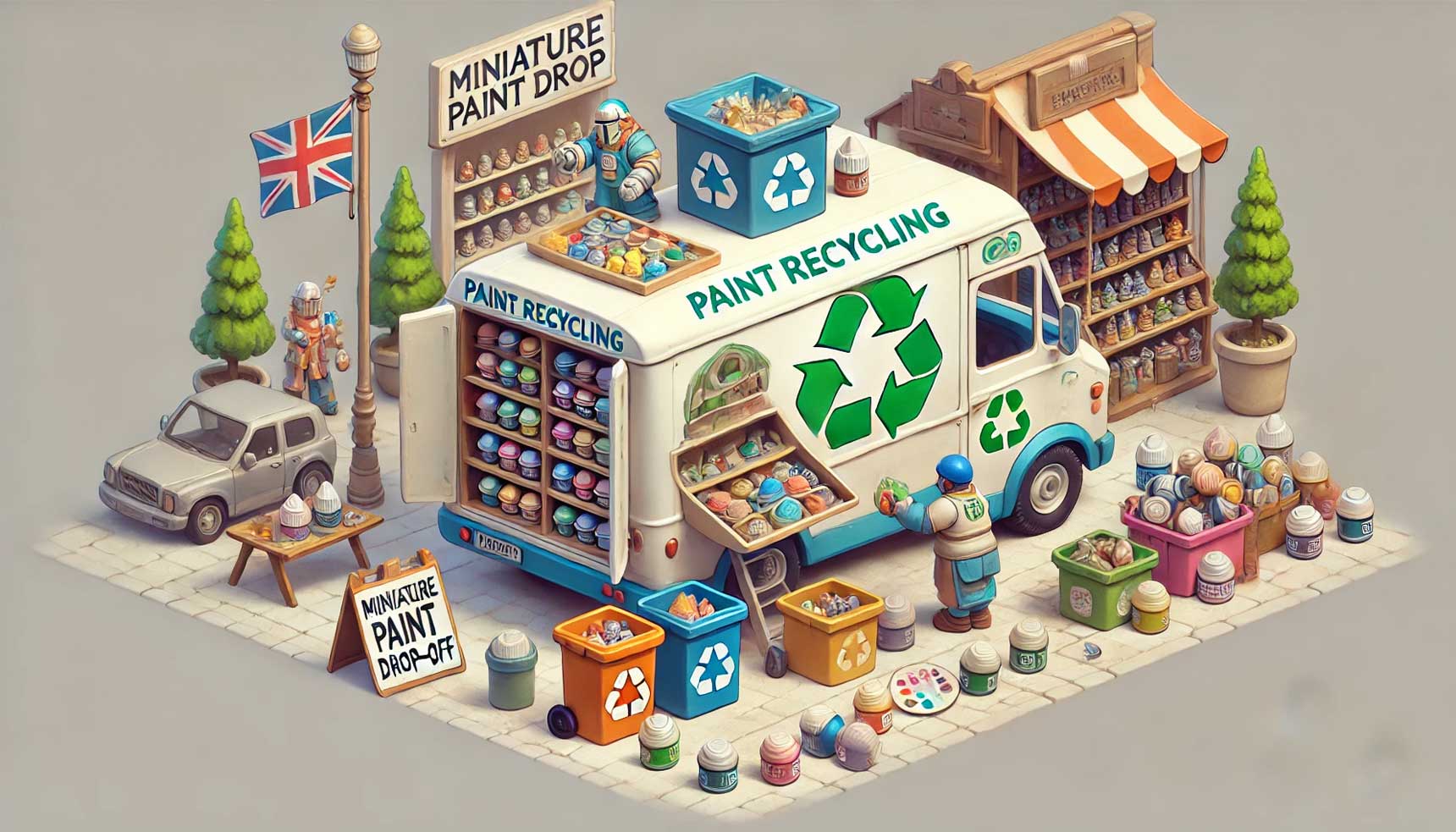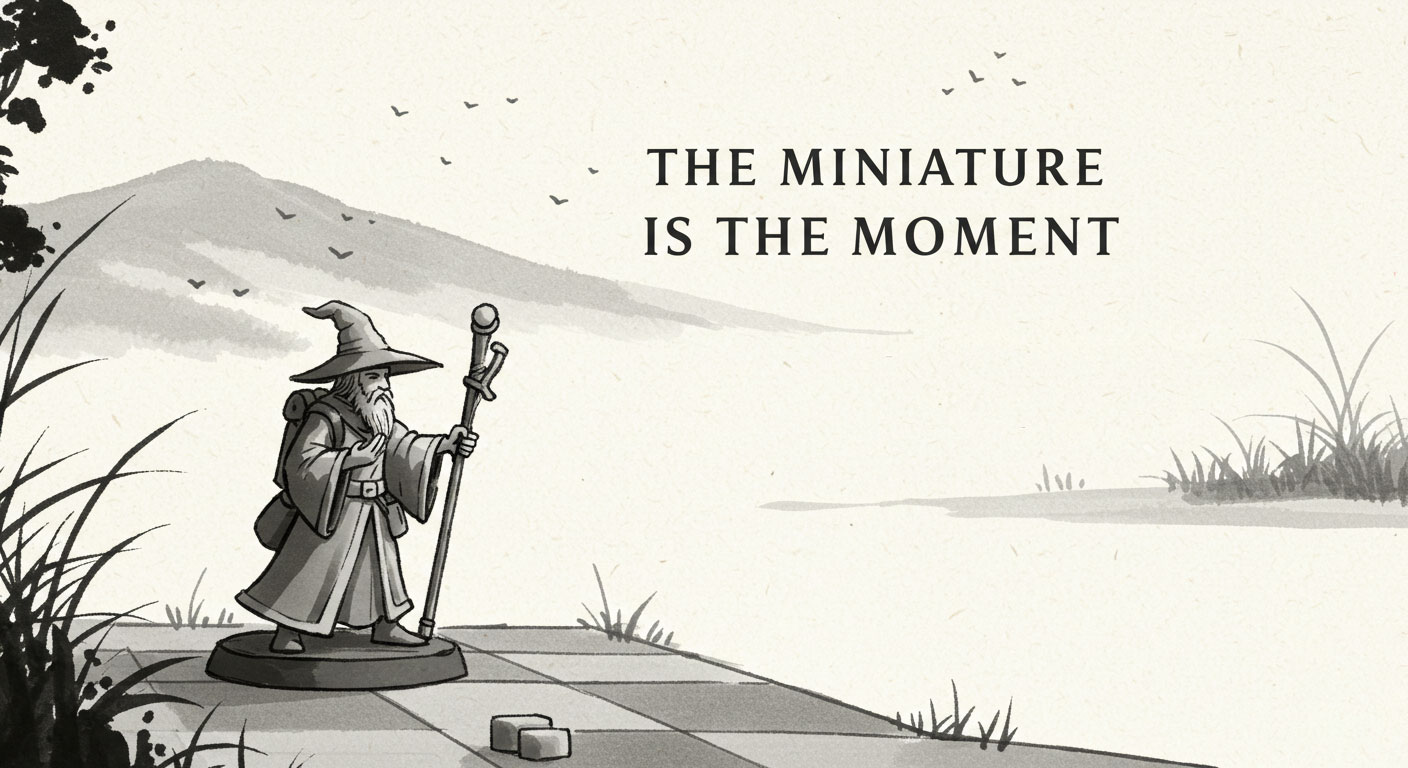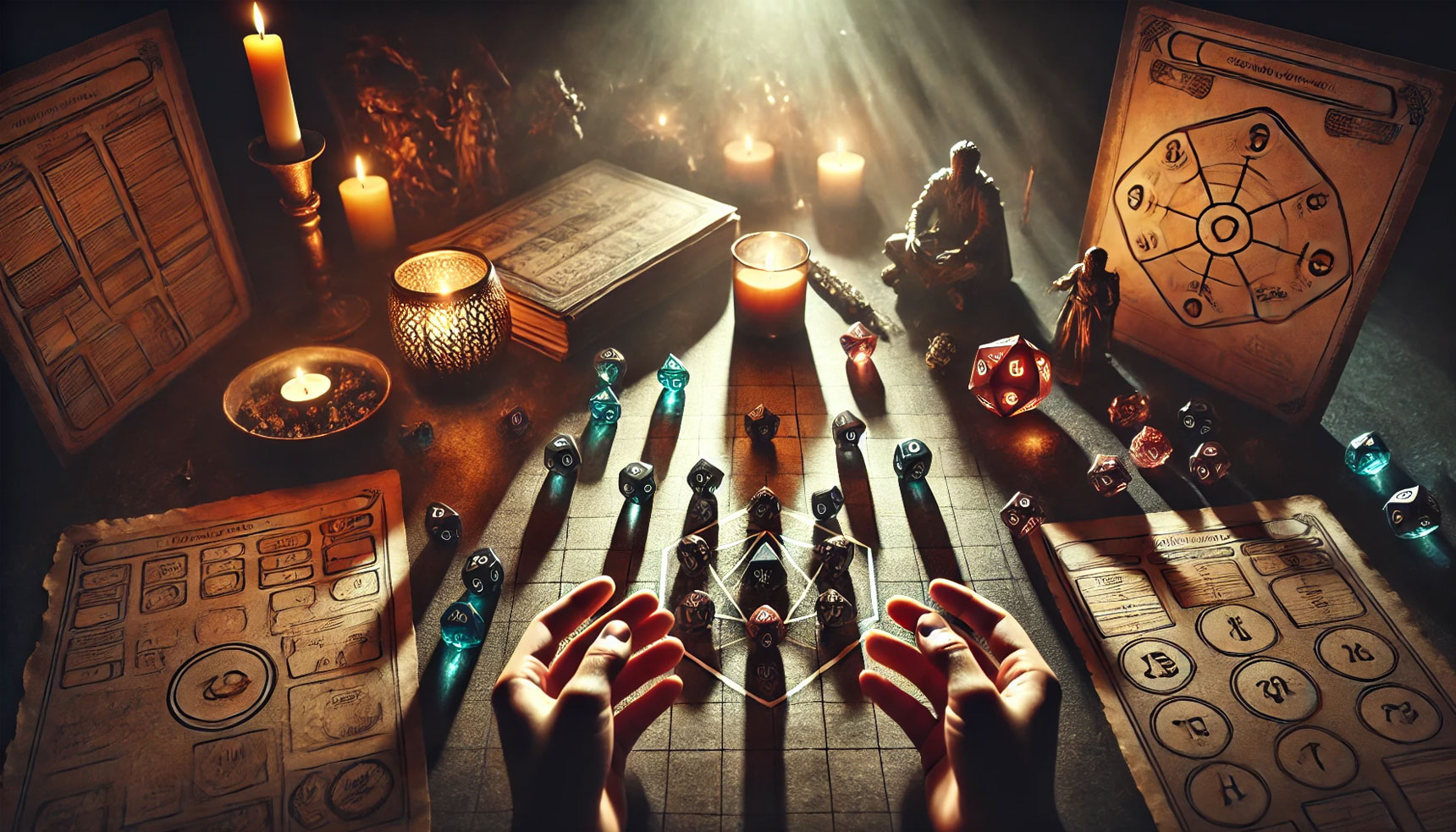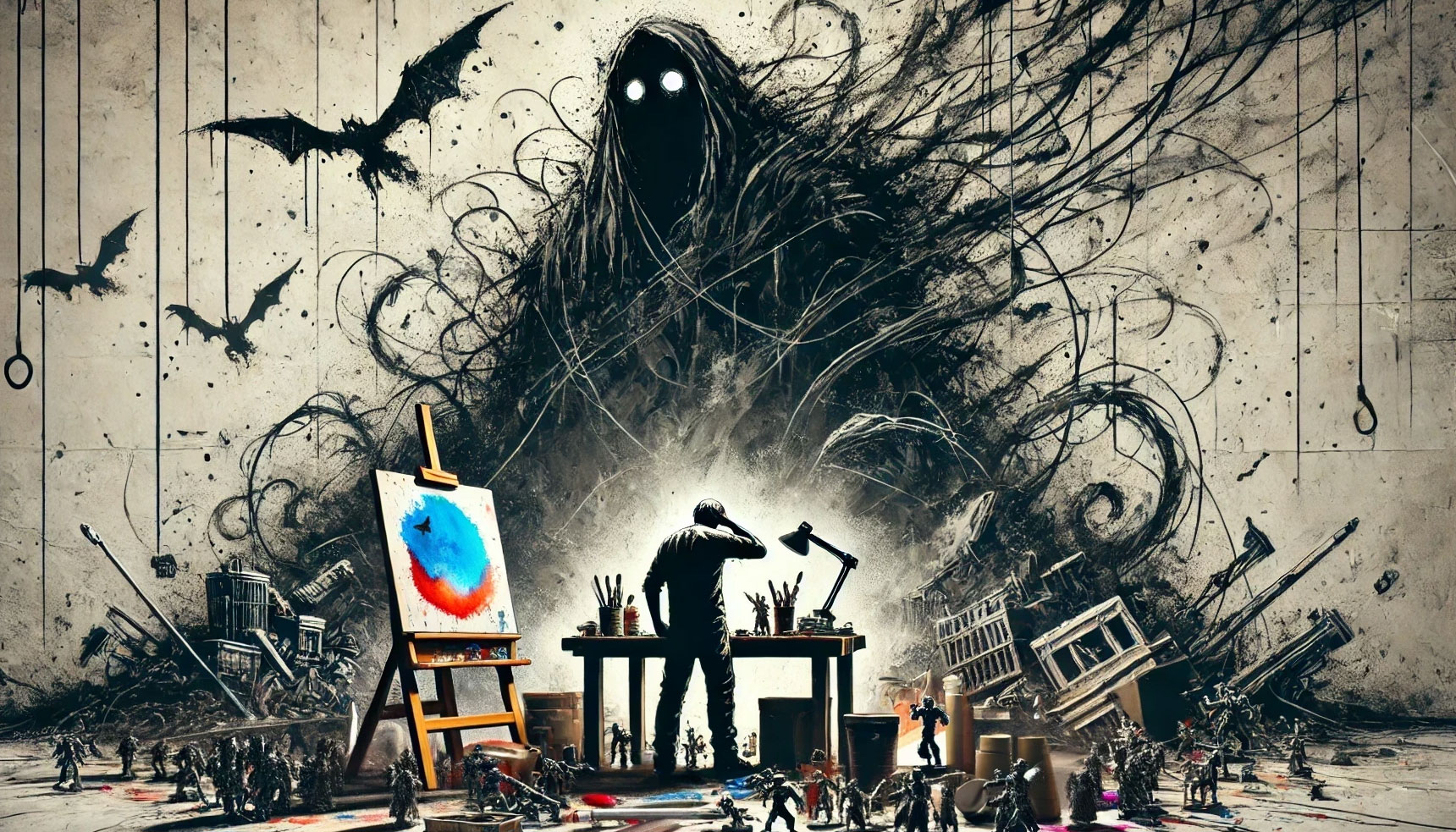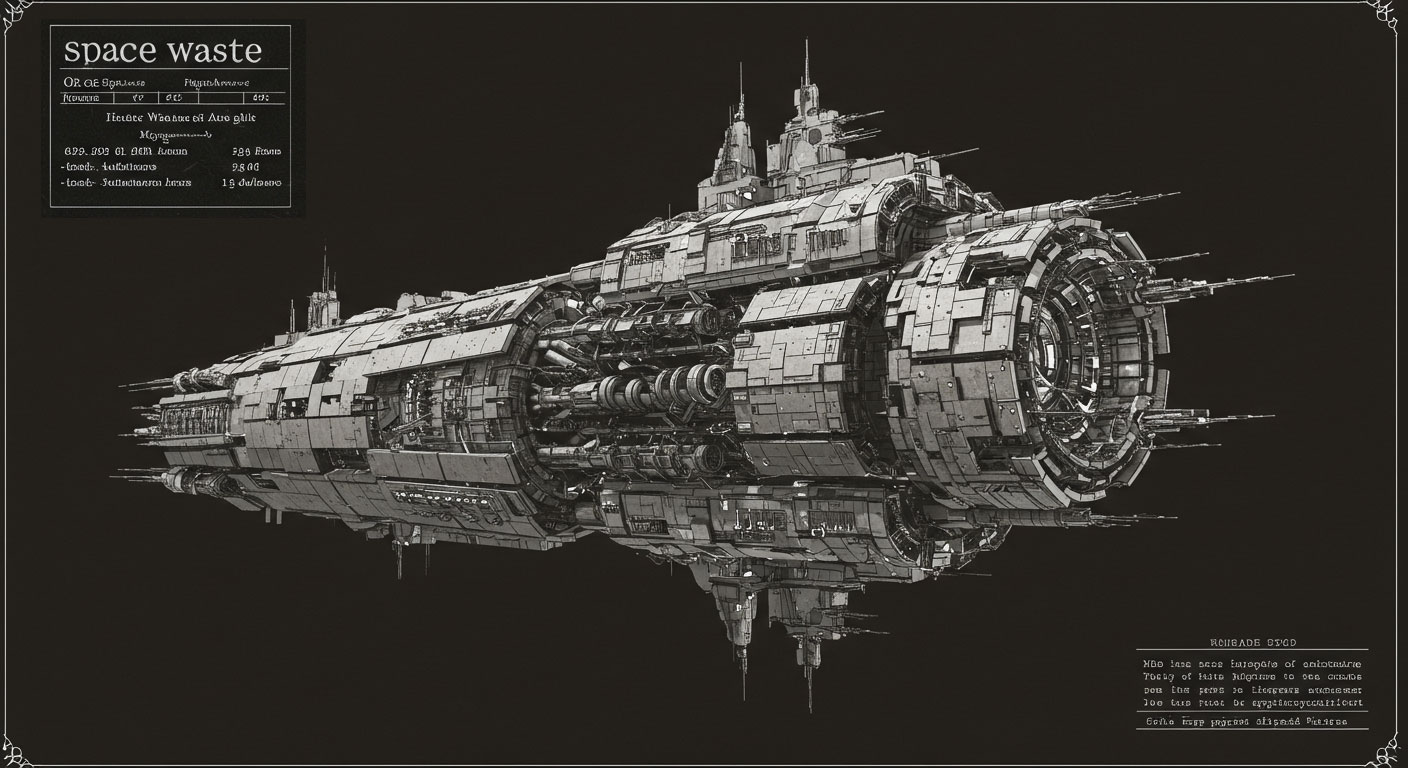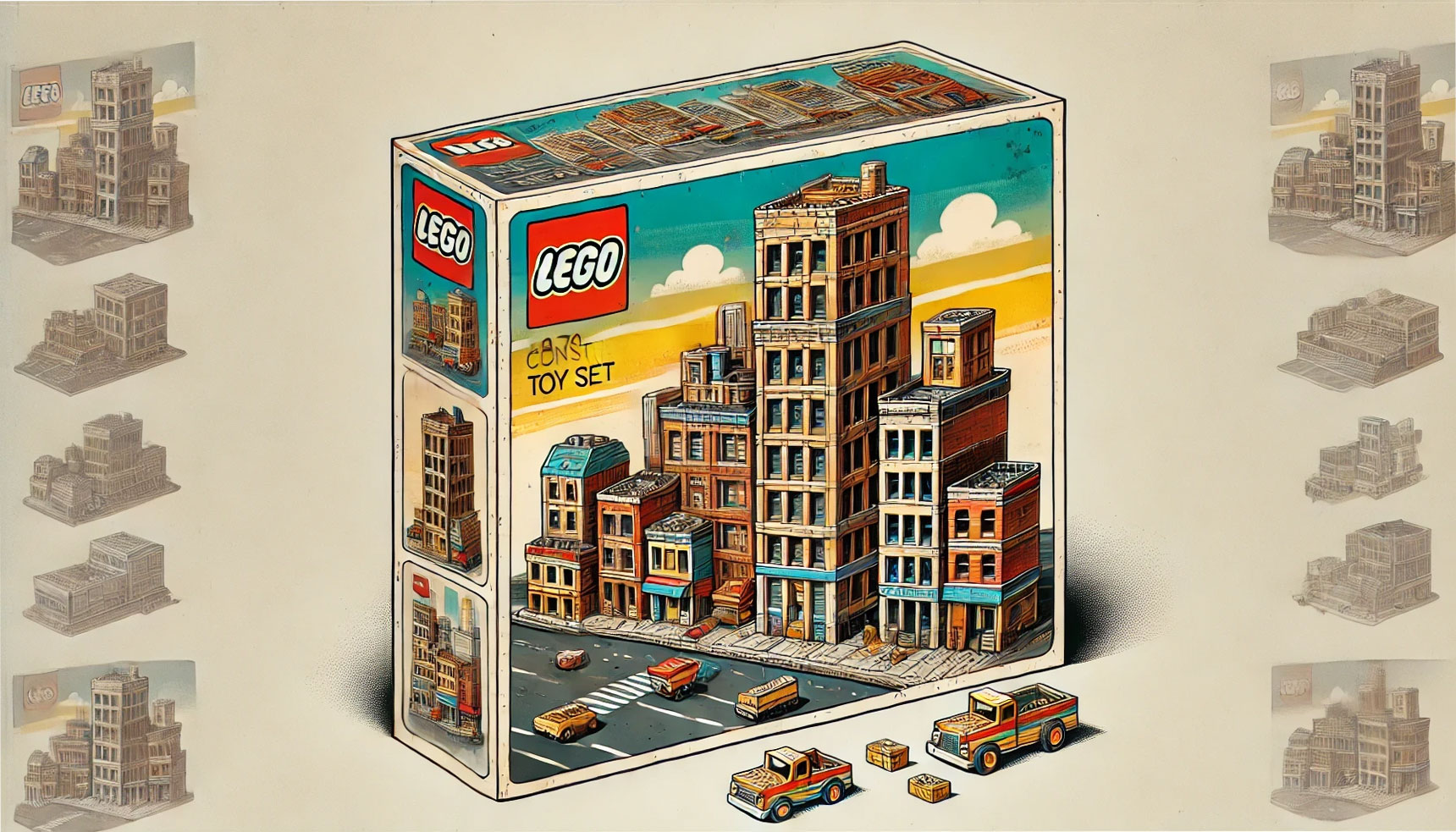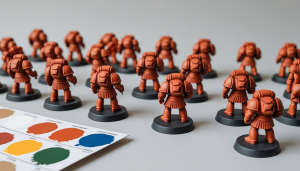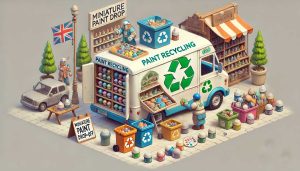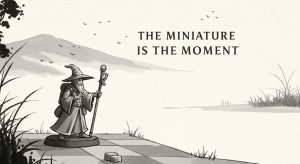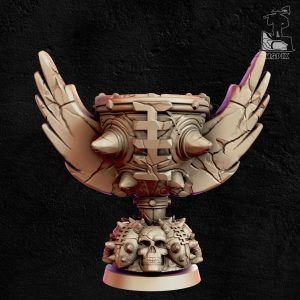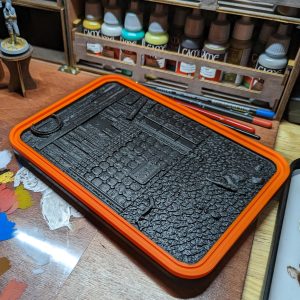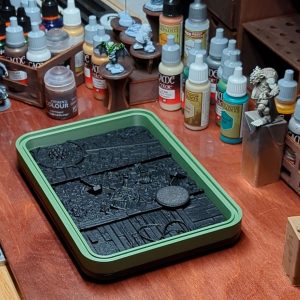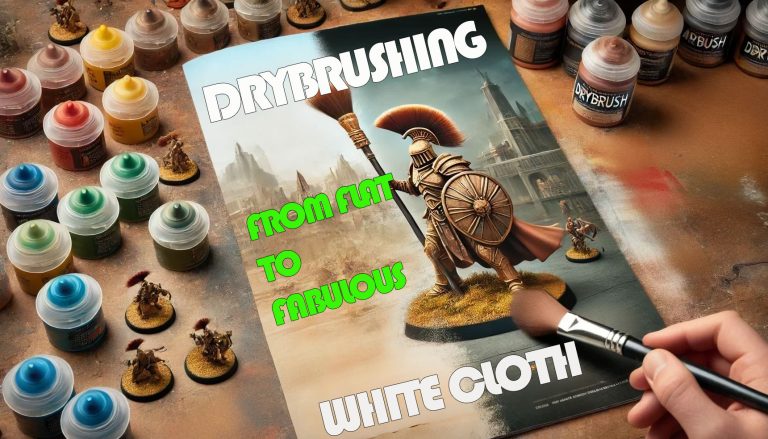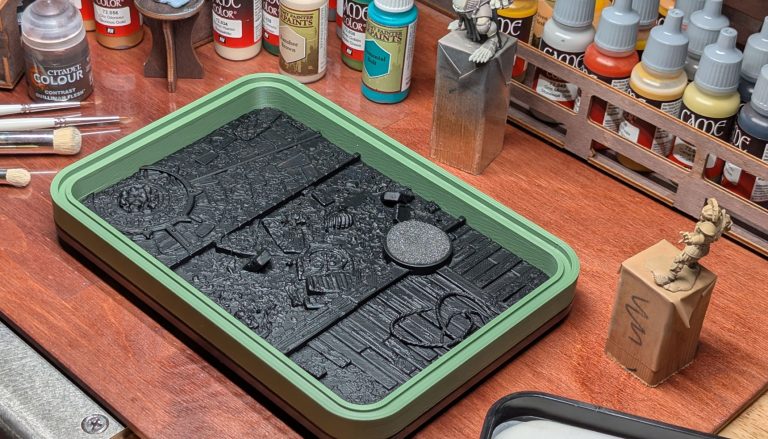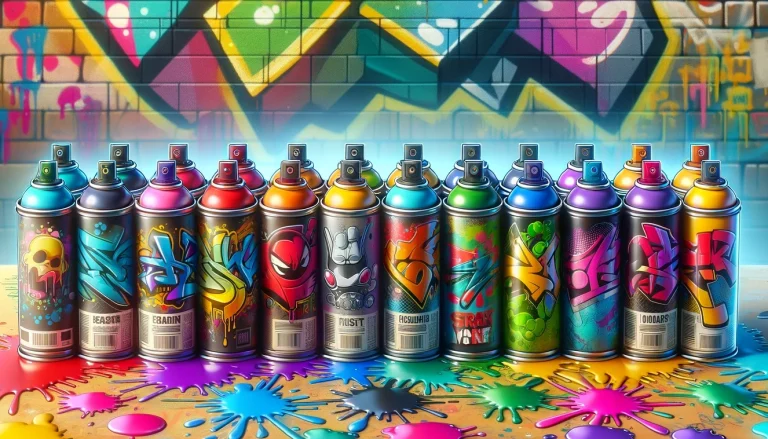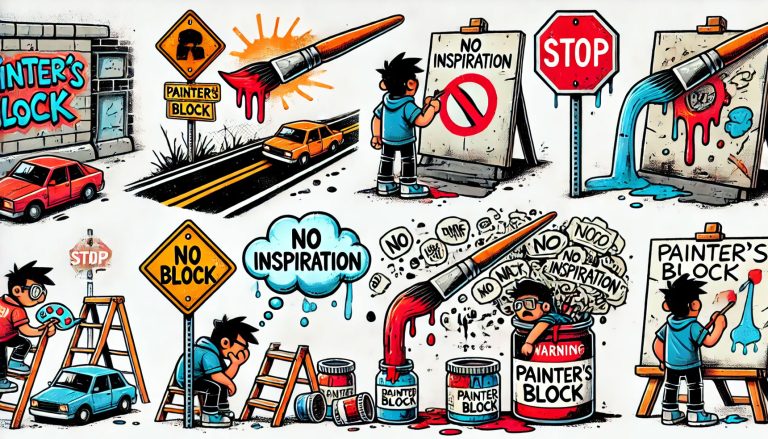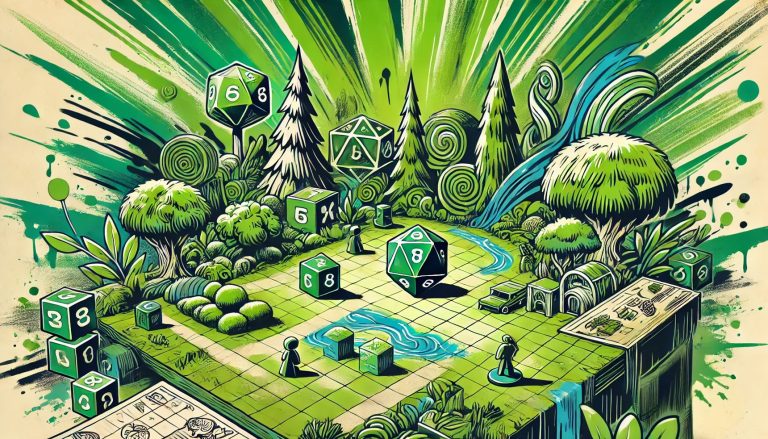Sustainable Tabletop Gaming: 5 Ways Players Can Help
The Problem With Our Hobby’s Footprint
Miniature wargaming is a creative, rewarding hobby but it’s not always kind to the planet. From piles of unused sprues to half full paint pots and single use packaging, the waste adds up faster than a horde of unpainted orcs.
The good news? You don’t have to ditch your dice or abandon your brushes to make a difference. With a few smart swaps and conscious choices, tabletop gamers can drastically reduce waste, reuse what matters and keep painting sustainably. In this guide, we’ll explore practical, realistic tips for making your miniature painting and gaming habits a little greener – without sacrificing quality or fun.
Recycling Models, Sprues and Paint Waste
Tabletop gaming continues to grow at an impressive pace, with forecasts projecting billions in global revenue by 2030. Since we wrote this article sustainability has climbing further up the agenda. Recent regulations such as the European Union’s Ecodesign for Sustainable Products Regulation are putting the onus on manufacturers to account for the full lifecycle of their products, while industry giants like Hasbro, Mattel, Ravensburger and Embracer Group face growing expectations around sustainable materials, packaging and production.
Academic institutions like the University of York are engaging directly with climate conscious game design and community events like Manchester Game Centre’s “Eco-Dilemmas in Tabletop Games” reflect growing consumer interest. Sustainable tabletop gaming is on the agenda.
It’s not all theory, real changes are underway. The Green Games Guide offers practical tools for publishers to reduce their environmental footprint. More publishers are switching to recycled cardboard, ditching plastic inserts, and releasing digital rulebooks to cut down on paper waste. At GAMA Expo 2025, sustainability was no longer a side conversation but a core theme. These shifts are promising, but they also highlight how much work remains. The majority of games still rely heavily on plastics, shrink wrap and complex components that complicate recycling.
What Brands and Manufacturers Could Do Next
While mainstream solutions don’t yet exist, we can look to adjacent industries for inspiration. Paint giants like Dulux now run large-scale recycling programs for leftover paint. Could the miniature paint world follow suit? It’s likely that true change here needs to begin at the manufacturer level, rethinking packaging, refills, or even take-back schemes. But that doesn’t mean the rest of us are powerless. Community led swaps, better storage solutions, and supporting brands that think long-term are all part of the puzzle.
Eco-Friendly Tools and Supplies
Let’s be honest: this is a tricky hobby to make green. Plastic miniatures, imported products, high-gloss packaging – it all adds up. But sustainability doesn’t have to be all or nothing. Small changes, done consistently, can nudge the industry in the right direction. Even small studios and makers are doing their bit.
At Anarky Creations, we focus on small-batch, high-utility accessories that solve real problems for painters and players. Our 3D-printed tools are made to order, helping us avoid the waste that comes from mass production. It’s not a perfect system, but it’s one that favours thoughtful design over volume. Some stores have experimented with print-to-order systems for terrain and gaming accessories. While promising, they come with trade-offs – not least of which is complexity for small businesses. For now, high quality, long lasting tools may be the most sustainable tabletop gaming option available.
Sustainable Tabletop Habits You Can Start Today
Even if the big solutions lie upstream, there are meaningful actions hobbyists can take:
- Support publishers and creators with transparent sustainability practices
- Reuse and upcycle components where possible
- Avoid overbuying and embrace modular & make to order systems
- Choose local or small-batch makers when feasible
- Participate in local paint swaps or donations
Final Thoughts: A Greener Way to Game
Sustainable tabletop gaming is no longer just a fringe concern, it’s a growing conversation, and one that’s starting to influence how games are made, bought and played. Whether through regulation, innovation or grassroots efforts, the direction is clear. We don’t need to choose between loving this hobby and caring for the planet, the two can co-exist.

